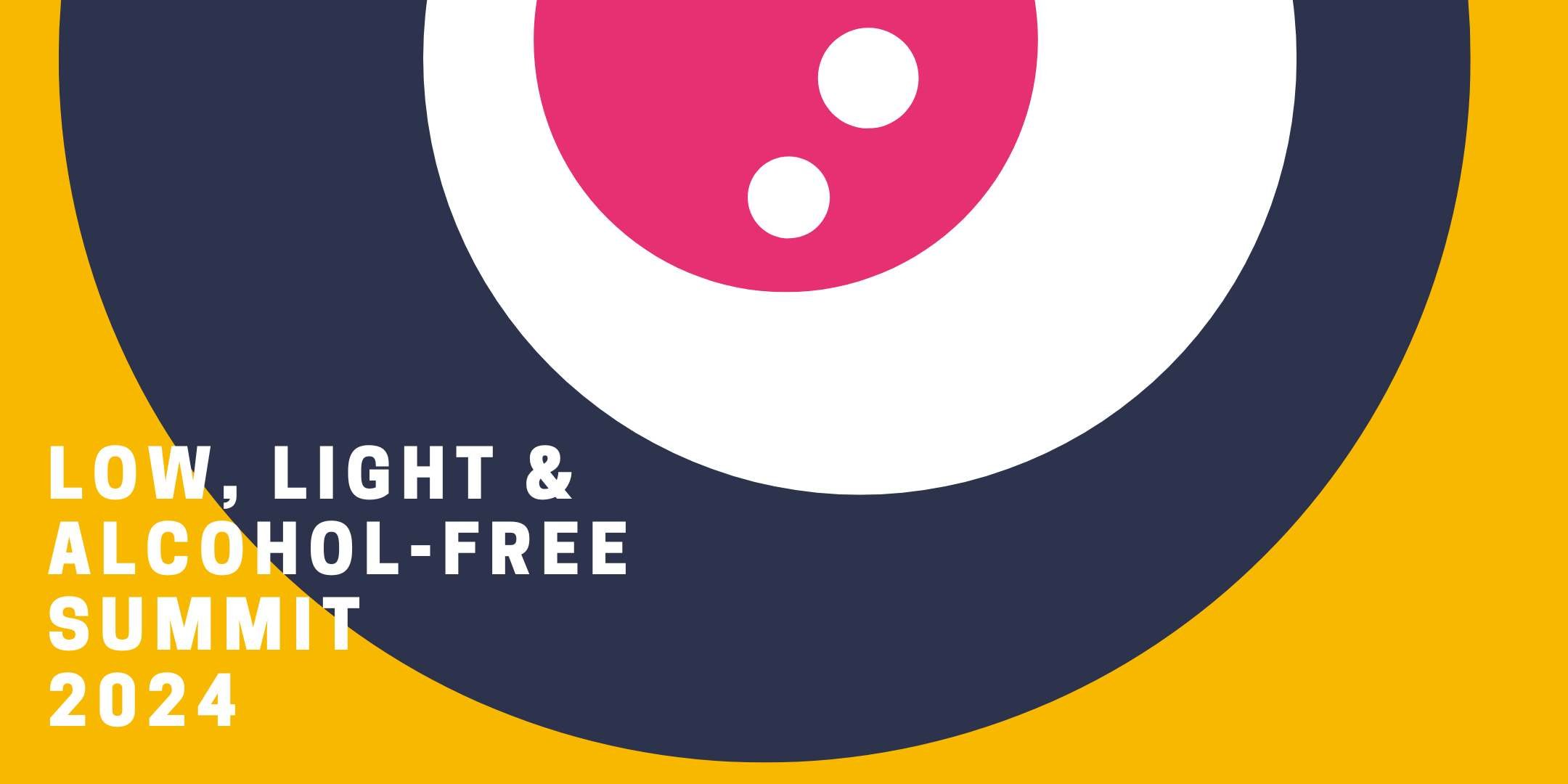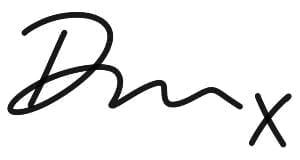
This website uses cookies to improve your experience. We'll assume you're ok with this, but you can opt-out if you wish. Read More
The Next Round: What happens after you change your drinking?


Why is it that the only time I can admit to myself that I need help and I really have a drinking problem is when I’m drunk? Tomorrow I will reason this away. Melanie

It’s not easy admitting that you have a problem with drinking. Facing up to any difficult issue is tough, and drinking is no different. But because drinking is good at numbing us, it may be that you are drinking to help soften the blow of this self-realisation. Unfortunately, this approach can become a self-perpetuating cycle of making your problem worse by trying to drink it away.
Deep down, you do know that problems don’t get better if you ignore them. But a drinking problem can feel huge and overwhelming. Knowing how to start isn’t always obvious. So in this article, I’ll explore what drinking problems might look like and why we carry on drinking anyway, the faulty logic of trade-offs and the value of taking a step-by-step approach.
Put simply, if drinking alcohol is causing you a problem, it’s worth addressing it. Drinking can cause difficulties in so many different ways. For example, do you ever:
Some of these problems are pretty big and scary. Life-threatening even. The problems caused by drinking range is size and severity, and they don’t define you as an alcoholic. But if you are noticing difficulties, it’s probably time to act.
If drinking alcohol is causing you a problem, it’s worth addressing it.
So why do you carry on drinking? That because despite the difficulties, you are convinced that there are upsides to drinking alcohol. The upsides of drinking aren’t an illusion, as some will claim. Whatever your reasons, they are valid and important to you. Perhaps you drink because it helps you connect with others, or it makes you feel better, or it’s part of your daily routine. Maybe you drink just because you enjoy it. These are all reasons to keep drinking, even as the consequences become serious and painful.
Over time, you may find that the balance shifts towards more bad things than good things. If you’ve been in the depths of wrestling with alcohol, it may be that you feel no benefits at all, that your drinking is all about getting some relief. But even so, you’ll remember that there were good reasons to start drinking in the first place.
If you are reasoning yourself out of thinking you have a drinking problem, it’s likely because you know that there are upsides and downsides to your drinking. You are trading off the positive and negatives to decide whether, on balance, you have a “drinking problem” and whether it’s worth addressing. But let’s follow your logic:
The problem with this logic is, of course, that the good things don’t cancel out the bad things. Problems are still problems, even if good things happen as well.
Put another way, life is a journey across hills and valleys. But hills and valleys together don’t make a flat plain. They just make hills and valleys that are next to each other. Being on the mountain top one day doesn’t make the valley any less deep on the next.
The good things don’t cancel out the bad things. Problems are still problems, even if good things happen as well.
For all of us, drinking alcohol has all sorts of effects in different parts of our lives, positive and negative. So stop trying to level out all the factors. The problems, big or small, are worth addressing – even if there are good things happening too.
This approach can leave us with a pile of problems, but that’s OK. It’s probably more helpful anyway to think about the “problems” (plural) that are being caused by drinking, rather than a singular “drinking problem”. Recognising all the different problems caused by drinking allows you to take a step-by-step approach to address them.
If your drinking is one big, undifferentiated mass of problematic stuff, it can be overwhelming to tackle. So instead, be as specific as you can about the problems you are experiencing. You may need to ask yourself some hard questions and be honest in your answers. Admitting that there are problems isn’t easy, whether those problems are big or small, and you probably won’t see them all at once. But don’t let that stop you getting underway.
Let’s take a very practical example. If you experience blackouts when you drink, it’s likely because you are drinking too much, too quickly. There’s a significant body of research that shows that even younger, social drinkers can experience blackouts, as alcohol overwhelms and disrupts the brain’s process for creating and storing memories. So it may be that simply learning to slow down and pace yourself will address that specific issue.
Or it may be that there are more complex issues, like the negative impact that drinking is having on your relationships. Realistically, you might decide that taking a break from drinking will give you the space to recover and rebuild. But avoid the temptation to discount the problems because stopping drinking feels like a big step. If the relationship matters, keep your focus there. The problem doesn’t stop being a problem, just because you decide to ignore it.
If you notice a problem caused by drinking, pay attention to it. Big or small, you can’t fix a problem until you face it.
Whatever else you do, remember change is possible. If you need inspiration from people who’ve faced up to their problems with drinking, search for inspiration online. Somebody has been where you are, wondering what to do, and will be happy to share their experience of what worked for them. That can help you discover what will work for you.
And if you want to take your first steps towards addressing the problems caused by drinking, we can help. Our free course, How to Change Your Drinking, includes a self-assessment that helps you focus on the specific challenges that alcohol is causing. It takes you step-by-step through the basics of choosing alcohol-free drinks, and explores how mindfulness can help you create and sustain change. And if you need more support, our longer courses, How to Drink Mindfully and How to Stop Drinking, will help you tackle the bigger problems step-by-step.
By far the most important thing you can do is this. If you notice a problem caused by drinking, pay attention to it. Big or small, you can’t fix a problem until you face it. But once you’ve faced it, you can start to change things for the better.
Cheers

Dru Jaeger is Club Soda’s co-founder and author of How to Be a Mindful Drinker
This website uses cookies to improve your experience. We'll assume you're ok with this, but you can opt-out if you wish. Read More
| Name | Domain | Purpose | Expiry | Type |
|---|---|---|---|---|
| wpl_user_preference | joinclubsoda.com | WP GDPR Cookie Consent Preferences. | 1 year | HTTP |
| PHPSESSID | www.tickettailor.com | PHP generic session cookie. | 55 years | HTTP |
| AWSALB | www.tickettailor.com | Amazon Web Services Load Balancer cookie. | 7 days | HTTP |
| YSC | youtube.com | YouTube session cookie. | 55 years | HTTP |
| Name | Domain | Purpose | Expiry | Type |
|---|---|---|---|---|
| VISITOR_INFO1_LIVE | youtube.com | YouTube cookie. | 6 months | HTTP |
| Name | Domain | Purpose | Expiry | Type |
|---|---|---|---|---|
| _ga | joinclubsoda.com | Google Universal Analytics long-time unique user tracking identifier. | 2 years | HTTP |
| sbjs_migrations | joinclubsoda.com | Sourcebuster tracking cookie | 55 years | HTTP |
| sbjs_current_add | joinclubsoda.com | Sourcebuster tracking cookie | 55 years | HTTP |
| sbjs_first_add | joinclubsoda.com | Sourcebuster tracking cookie | 55 years | HTTP |
| sbjs_current | joinclubsoda.com | Sourcebuster tracking cookie | 55 years | HTTP |
| sbjs_first | joinclubsoda.com | Sourcebuster tracking cookie | 55 years | HTTP |
| sbjs_udata | joinclubsoda.com | Sourcebuster tracking cookie | 55 years | HTTP |
| sbjs_session | joinclubsoda.com | SourceBuster Tracking session | Session | HTTP |
| Name | Domain | Purpose | Expiry | Type |
|---|---|---|---|---|
| mailchimp_landing_site | joinclubsoda.com | Mailchimp functional cookie | 28 days | HTTP |
| __cf_bm | tickettailor.com | Generic CloudFlare functional cookie. | Session | HTTP |
| NID | google.com | Google unique id for preferences. | 6 months | HTTP |
| Name | Domain | Purpose | Expiry | Type |
|---|---|---|---|---|
| _ga_10XZMT03ZM | joinclubsoda.com | --- | 2 years | --- |
| AWSALBCORS | www.tickettailor.com | --- | 7 days | --- |
| cf_clearance | tickettailor.com | --- | 1 year | --- |
| VISITOR_PRIVACY_METADATA | youtube.com | --- | 6 months | --- |
Join Club Soda for 10% off your first order of drinks for UK delivery. Plus get our latest news and special offers for members to choose better drinks, change your drinking and connect with others.
If you get an error message with this form, you can also sign up at eepurl.com/dl5hPn